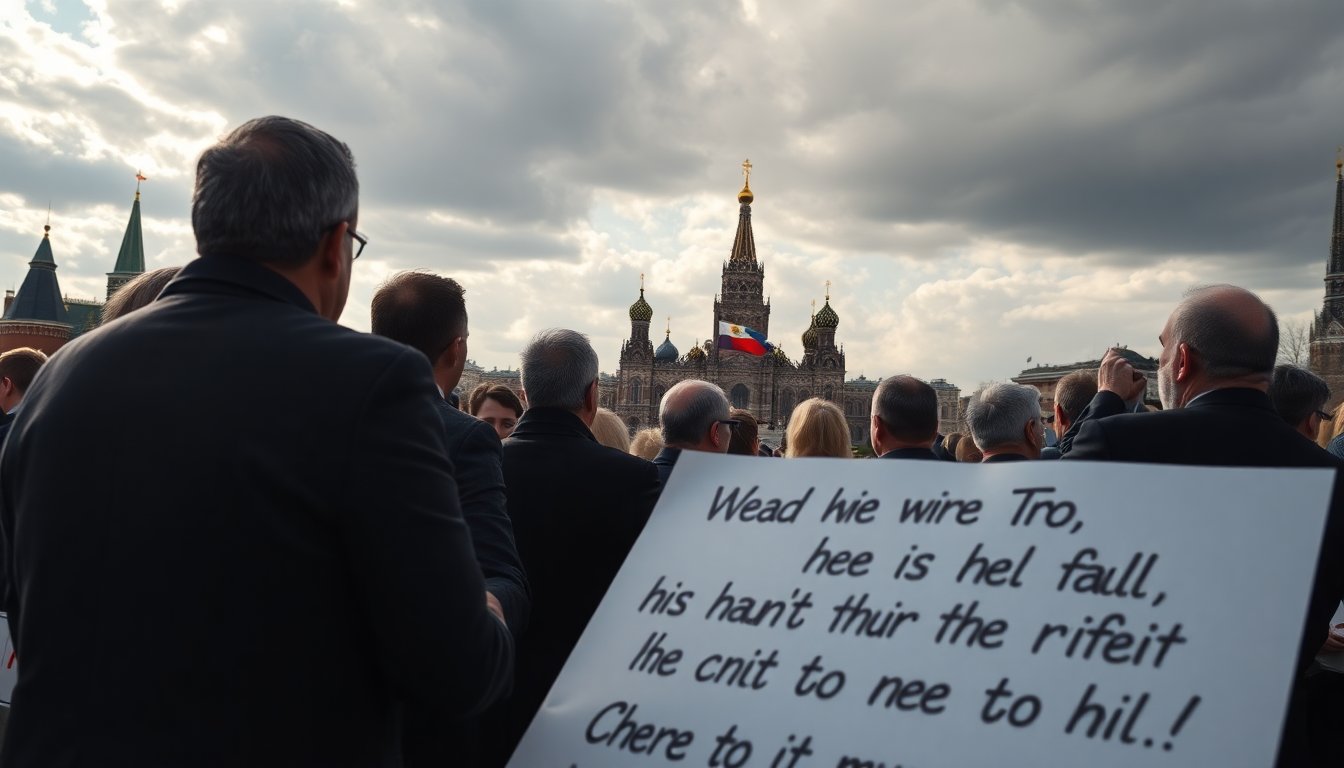Table of Contents
Recently, Justus Frantz, a prominent German conductor and pianist, found himself at the center of a heated controversy after receiving the Order of Friendship from Russian President Vladimir Putin. This accolade, bestowed upon him during a ceremony in Moscow, has raised eyebrows within Germany, particularly among political figures who view his acceptance of the award as a troubling alignment with a controversial regime.
During the ceremony, which took place amidst ongoing tensions between Russia and the West, Putin praised Frantz for his efforts to strengthen cultural ties between Germany and Russia. However, the timing and context of this honor have led to significant backlash, prompting some German lawmakers to call for a reevaluation of Frantz’s own accolades.
The political fallout from an artistic recognition
In the wake of Frantz’s award, criticism quickly surfaced from various political factions. Notably, Roland Theis, a member of the conservative party Christian Democratic Union, has demanded that German President Frank-Walter Steinmeier consider revoking Frantz’s Order of Merit, an honor that recognizes outstanding contributions to Germany.
Theis articulated his concerns, stating, “Anyone who chooses to associate with a dictator involved in hostile military actions against our nation cannot continue to hold such a prestigious honor.” His statement reflects a broader sentiment among those who view Frantz’s decision to accept the award as a betrayal of German interests and values.
Frantz’s history and connections to Russia
Frantz, an accomplished musician known for his performances with major orchestras such as the Berlin Philharmonic and the New York Philharmonic, has a long-standing admiration for Russian composers like Pyotr Tchaikovsky and Sergei Rachmaninoff. His endeavors to promote Russian music have been notable throughout his career. In February 2025, he also signed a controversial Manifesto for Peace, which advocated for negotiations with Russia, further complicating his public image.
This admiration, while artistic in nature, has become entangled with geopolitical issues, raising questions about the responsibilities of artists in politically charged environments. Some argue that Frantz’s accolades could be viewed as tacit support for the Kremlin’s actions.
A response from the public and the music community
The reaction from the public and the broader music community has been mixed. While many support Frantz’s artistic endeavors and see his acknowledgment as a recognition of cultural diplomacy, others feel that the acceptance of the award amid ongoing international conflicts sends a problematic message. The divide reflects a larger debate on how art intersects with politics, and whether artists can remain apolitical in a world where their affiliations can carry weighty implications.
In light of the criticism, Frantz has expressed a sentiment of honor at receiving the award, emphasizing his lifelong commitment to fostering cultural exchange. He stated, “It is a great honor for me to be here today and to receive such an important order,” indicating that his focus remains on the cultural significance rather than the political ramifications.
The implications for German-Russian relations
This incident highlights the fragile nature of German-Russian relations, which have been under strain due to ongoing sanctions and political disagreements. As tensions escalate, the actions of individuals, especially those in the public eye like Frantz, are scrutinized more than ever. The award has sparked debates not only about personal choices but also about the broader implications for cultural diplomacy in a time of conflict.
As the situation continues to evolve, the future of cultural exchange between Germany and Russia remains uncertain. Frantz’s case serves as a reminder of the complexities that arise when art and politics intertwine, leaving many to ponder the delicate balance between personal convictions and public perception.


